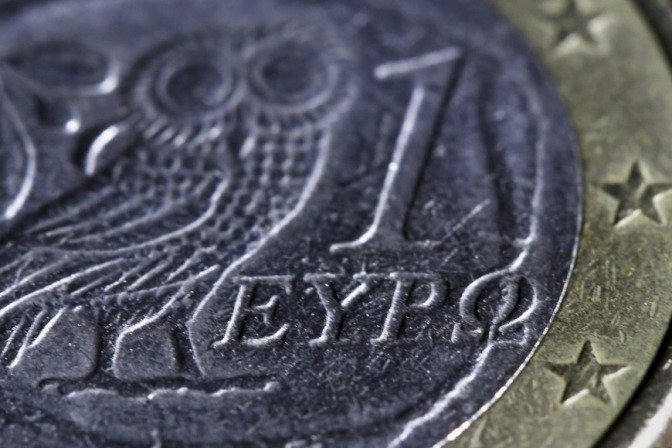Contrary to the polls which had predicted a close referendum, the Greek people voted overwhelmingly “no”, by 61 %, last Sunday. This sends a strong anti-austerity message to the rest of EU. By voting “no” the Greek people rejected the austerity policy imposed on them by the creditor institutions. The first conclusion to be drawn is that the Greek government succeeded in transforming the referendum into a vote on the austerity policy and not on the euro. In fact it was about both issues.
The referendum issue was formally about the creditors’ proposal. However, this proposal was taken off the table when Greece announced the referendum and missed the debt payment to the IMF. From that point of view the referendum was a paradox.
Now the proposal needs to be considered again although the Greek people voted against it as asked to do by their government. The gap between Greece and the creditors narrowed significantly before the referendum. In principle the Greek government under Alexis Tsipras has accepted the proposal.
The Greek government succeeded in describing the creditors’ proposal, which they had accepted, as a continuation of the austerity policy that had brought havoc on the Greek economy and caused a social disaster.
According to the European Commission the proposal did not include any cuts in salaries and pensions. The proposal was mainly about long over-due reforms of the tax system, the pension system and the public administration.
These reforms are necessary anyway for Greece, whether or not Greece stays in the Eurozone. A reader, who obviously is familiar with the situation in Greece, wrote recently to The European Times:
“When government agencies and new positions were created to accommodate the vote sellers, a situation that created offices with 6 people of whom only one or two worked … that is where you end up at.”
“When nobody pays taxes, the middle class first, contrary to what Tsipras has been saying, but the government offers 15 salaries a year and bonuses that make you shiver, well, it is no European's fault.”
In a kind of self-contradiction the Greek Prime Minister asked the Greek people to vote against a proposal that his government had accepted in the belief that it would strengthen his hand so that he would be able to negotiate a better deal for Greece.
The creditors have told him that it doesn’t work like that. They have also a democratic mandate to consider in their own countries.
But the referendum was never about any details in the proposal. It was about debt relief for Greece – the issue that was never on the table before the referendum. It was about facilitating for Greece to pay back its debt, reconstruct it or to write it off so that the country will be able to grow again and see the light in the tunnel.
By voting “no”, the Greek people protested against the creditors’ harsh conditions that have ruined their country. The Greek people deserves a second chance and that before its government makes the situation worse.
Mose Apelblat
The Brussels Times

